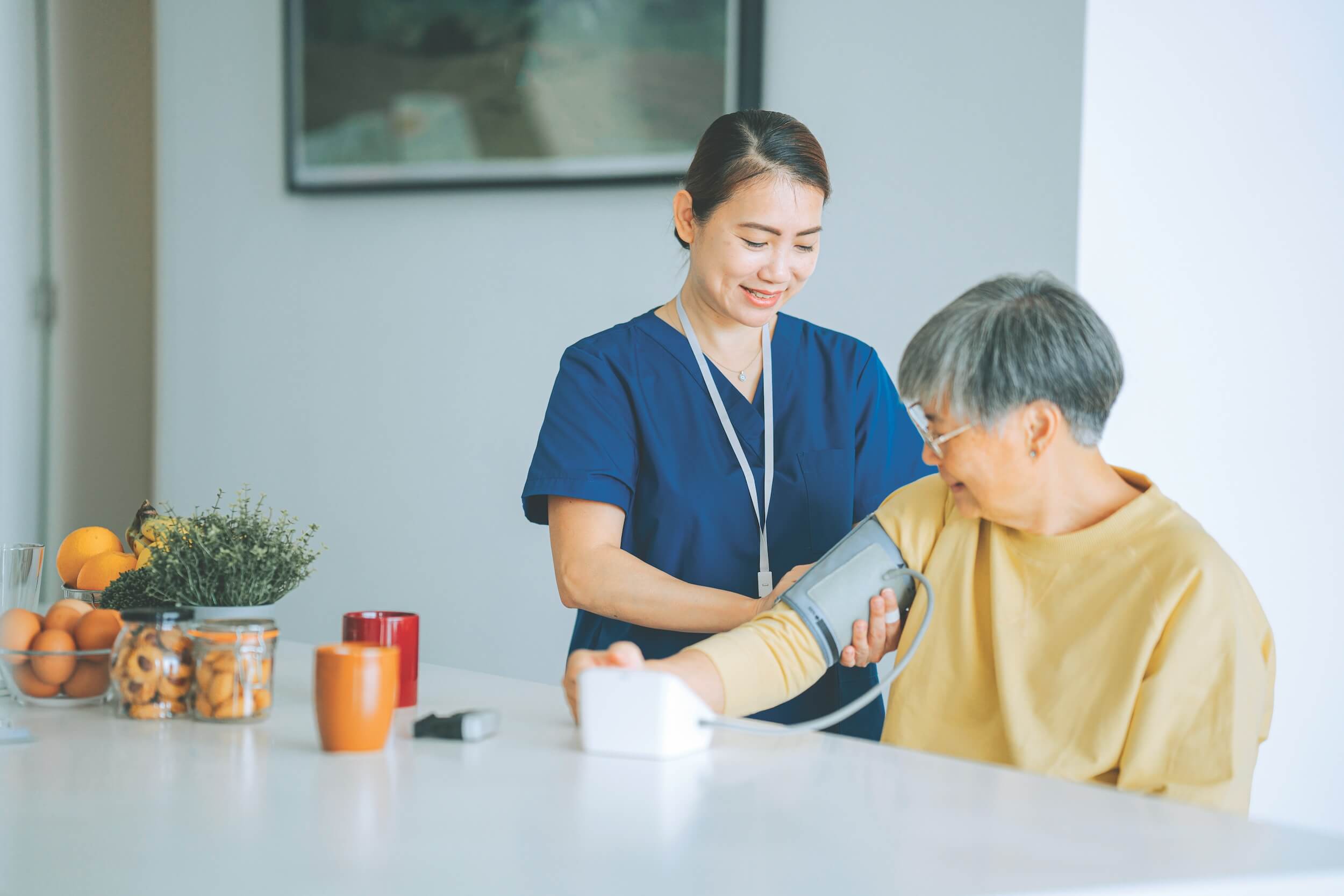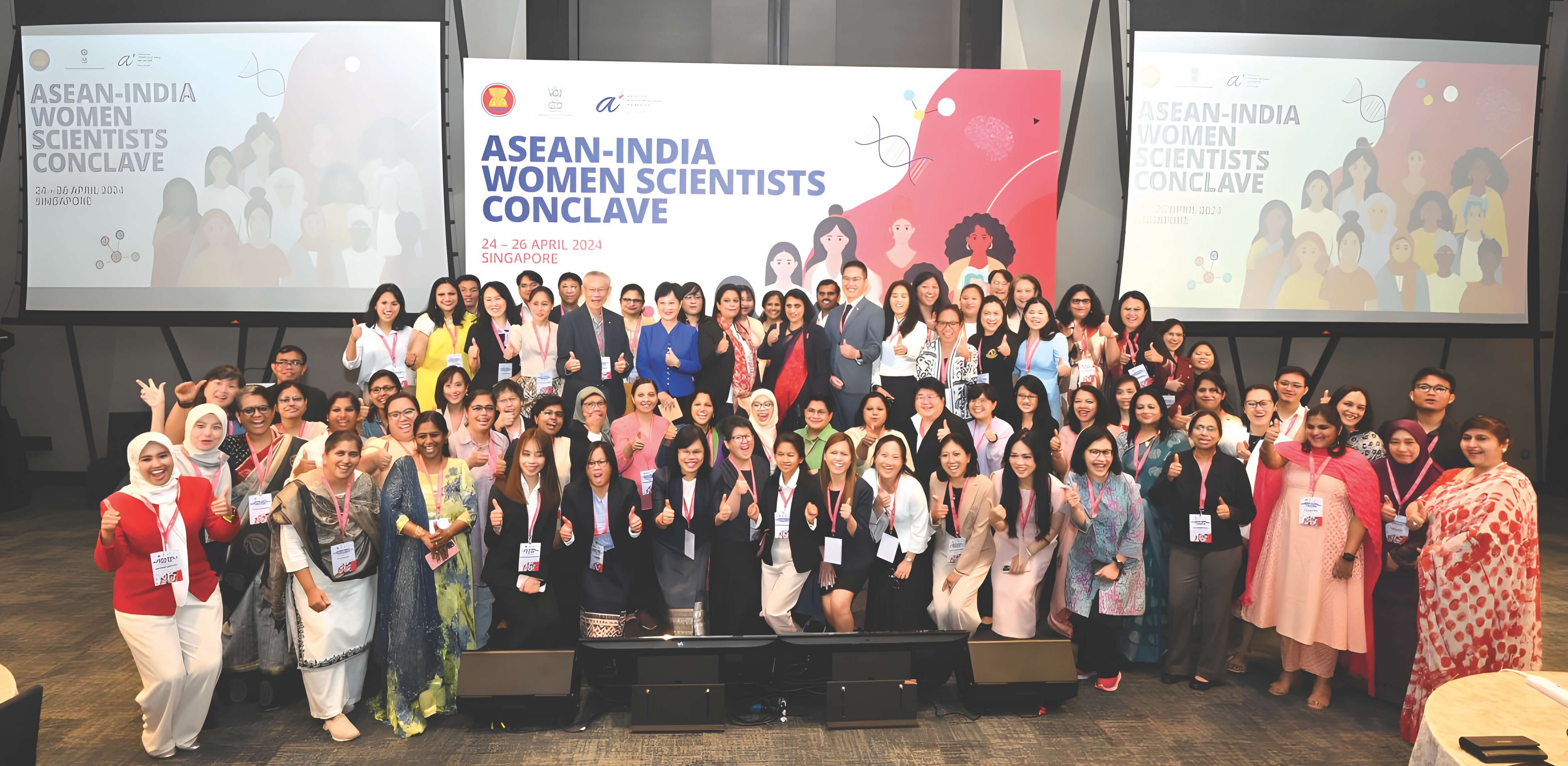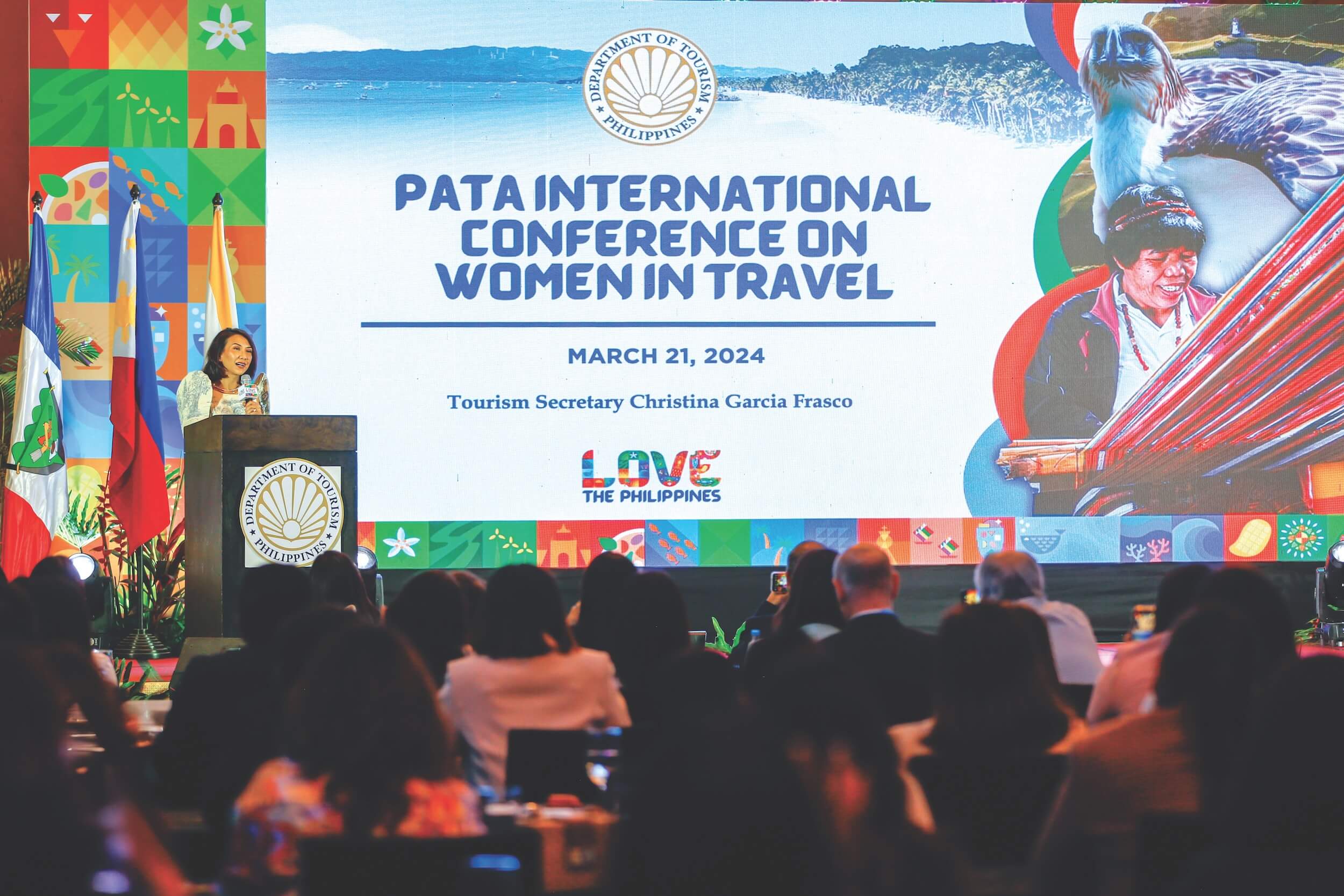



ASEAN is dedicated to improving the lives of older people, recognising the profound impact of global ageing trends. By 2023, 8.1 per cent of ASEAN's population, or 55.9 million people, were aged 65 or older. This demographic shift is set to accelerate significantly. By 2050, every ASEAN Member State will be classified as an ageing, aged, or super-aged society, with the older population projected to reach 128.7 million, making up 16.3 per cent of the total regional population. This demographic shift is also driving the "Silver Economy," which holds significant potential for the region.

Recognising the implications for healthcare and social welfare, ASEAN prioritises healthy, active, and productive ageing, fostering an enabling environment that positions older persons as valuable contributors to society.
The Kuala Lumpur Declaration on Ageing: Empowering Older Persons in ASEAN (2016) formalised this commitment, aligning regional efforts with global frameworks like the UN’s Madrid International Plan of Action on Ageing and the 2030 Agenda for Sustainable Development.
Further initiatives demonstrating ASEAN’s dedication include:
- The ASEAN Declaration on Strengthening Social Protection (2013) and the Regional Framework and Action Plan to Implement the ASEAN Declaration on Strengthening Social Protection (2015)
- The ASEAN Post-2015 Health Development Agenda (2021-2025)
- The ASEAN Enabling Masterplan 2025: Mainstreaming the Rights of Persons with Disabilities (2018), which includes older persons with disabilities
- ASEAN Comprehensive Framework on Care Economy (2021)
- ASEAN Gender Mainstreaming Strategic Framework (2021)
- Declaration on Strengthening the Care Work and Fostering Resilience Towards the Post-2025 ASEAN Community (2024)
The Regional Plan of Action for Implementing the Kuala Lumpur Declaration on Ageing (2021) outlines concrete steps for regional empowerment and welfare initiatives. These include the promotion of healthy, active, and productive ageing, as well as intergenerational solidarity, rights-based and needs-based approaches, and life-cycle approaches. The regional plan of action also covers actions that aim to eliminate all forms of maltreatment on the basis of old age and gender, and mainstream population ageing into public policies. It also aims to develop human capital and expertise in gerontology, geriatrics, and other related professional and para-professional fields, and promote evidence-based, age-and gender-disaggregated data. More importantly, the regional plan of action envisions the empowerment of networks of older people’s associations and the establishment and strengthening of age-friendly communities in the ASEAN region.
The study on Old Age Poverty and Active Ageing in ASEAN: Trends and Opportunities was developed to inform policy. Led by the Senior Officials Meeting on Social Welfare and Development (SOMSWD) and the ASEAN Secretariat, the study analyses the impacts of rapid ageing, particularly addressing the intersection of old age, poverty, and vulnerabilities for groups such as older women, older persons with disabilities, and those in at-risk areas.
In May 2023, Malaysia hosted the 11th ASEAN Ministerial Meeting on Social Welfare and Development (AMMSWD) under the theme, “Accelerating the Implementation of ASEAN’s Commitments for Gender Equality through Gender Mainstreaming and Social Inclusion.” The meeting reaffirmed the commitment of ASEAN Member States to advance the rights and welfare of all, including older persons. It emphasised a whole-of-ASEAN approach to building a more inclusive and resilient community, recognising the importance of addressing the needs of vulnerable groups and ensuring that the benefits of development are shared equitably across all segments of society. This commitment aligns with the principles of the Kuala Lumpur Declaration on Ageing and its Regional Plan of Action, further strengthening regional cooperation to address the challenges and opportunities of an ageing population.
Realising the limited research capacity and data bank on ageing in the region, ASEAN-wide Research Networking on Ageing (ARNA) was established. The objectives of ARNA are to create a common, cohesive, and sustainable ASEAN research agenda on issues pertaining to ageing through exchanges of knowledge, experiences and best practices; identify priority research area on ageing in the Southeast Asia region; the development of a standardized research protocol in ASEAN and the establishment of a network of ASEAN experts and researchers on ageing. The project was completed in January 2021 and had successfully produced three (3) reports, namely Population Ageing and Policy Responses, ASEAN Research on Ageing, and Standardized Research Protocol on Ageing. These reports have been documented and are ready to be used and leveraged by ASEAN Member States as guidelines to conduct research on ageing.








